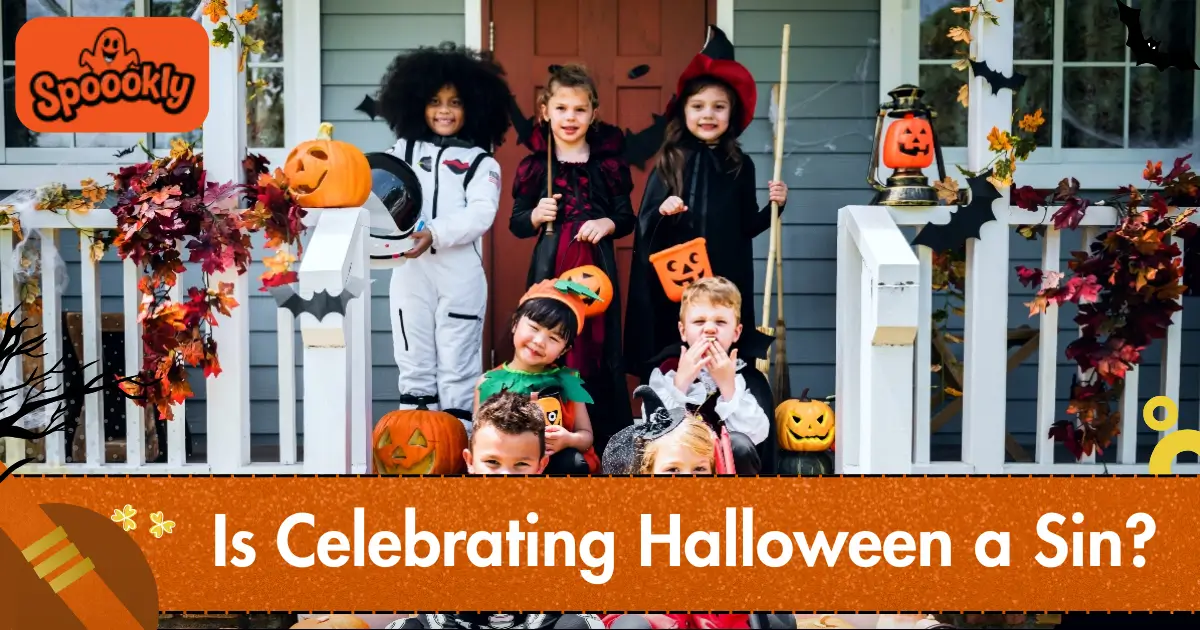From a faith perspective, the question about Halloween and sin depends largely on personal beliefs and religious teachings.
Some Christian groups view Halloween as harmless fun, while others see it as promoting themes they wish to avoid.
For me, it’s not a one-size-fits-all answer. The meaning you attach to the celebration matters more than the date itself.
Many believers are concerned because of Halloween’s historic links to pagan festivals like Samhain.
This ancient Celtic tradition involved rituals for the dead and seasonal change, which some feel contradict biblical teachings.
While modern celebrations often focus on costumes and candy, the history can make some people uneasy about participating. Others point out that much of Halloween today is cultural rather than spiritual.
For example, carving pumpkins, dressing up as superheroes, or attending community events doesn’t always carry any religious or dark meaning. The intent behind your actions often determines whether it aligns with your values.
Understanding the Origins of Halloween

Halloween’s roots go back over 2,000 years to the Celtic festival of Samhain. This marked the end of harvest and the start of winter, a time they believed the boundary between the living and the dead was thin.
People lit bonfires and wore costumes to ward off spirits. While this might sound mystical, it was part of their cultural identity.
When Christianity spread through Europe, church leaders blended Samhain with All Saints’ Day and All Souls’ Day.
This transformation shifted the focus toward honoring saints and praying for the dead. Over centuries, many pagan elements faded or became symbolic rather than spiritual.
In modern times, Halloween has evolved again, especially in countries like the US. It’s now a mix of community activities, creative expression, and seasonal fun. Yet, for some faith communities, its original associations remain a reason to avoid it entirely.
Why Some People Believe It’s Wrong
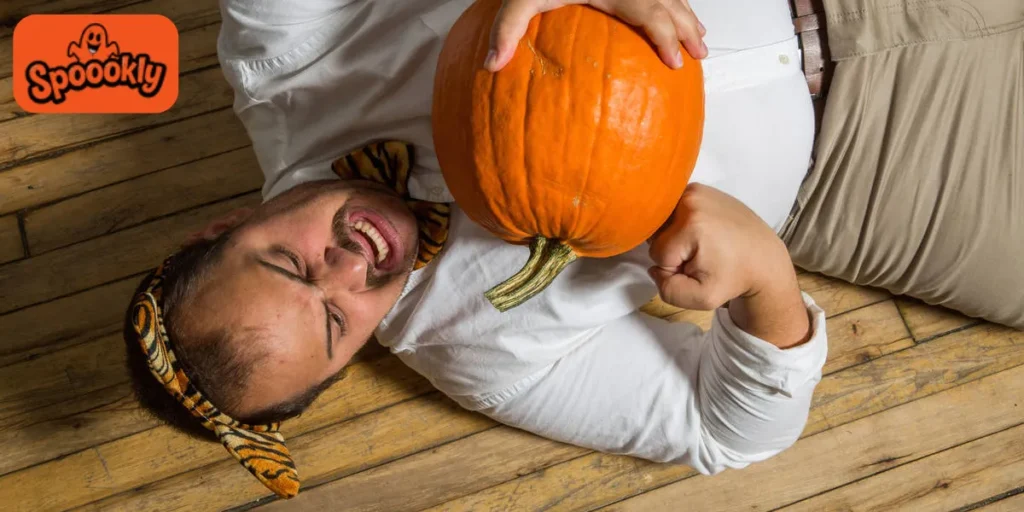
One of the biggest arguments against celebrating Halloween is its association with the occult. Costumes of witches, ghosts, and demons can be seen as glorifying evil. Critics feel that even playful portrayals can desensitize people to dark spiritual realities.
Another concern is the focus on fear and darkness. For Christians who believe in promoting light, joy, and truth, these themes may feel out of place. They might choose to step away from any event that celebrates horror or death.
Some also worry about the subtle influence of culture. If a celebration normalizes ideas or practices they find spiritually harmful, they prefer to set a clear boundary. This decision often comes from a place of wanting to stay consistent with their values.
Religious Perspectives on Halloween
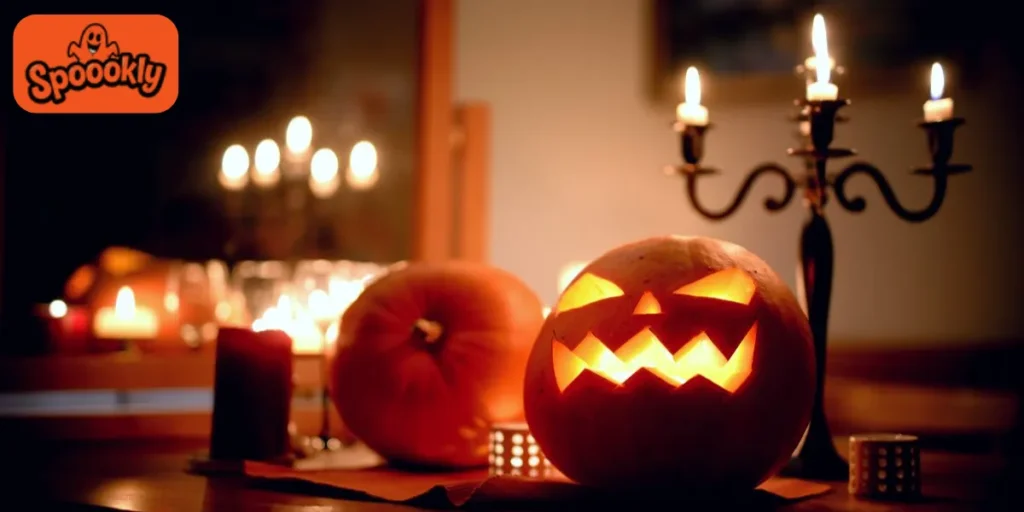
Different faith traditions approach Halloween in unique ways. In Christianity, opinions vary widely. Some churches host alternative events like “harvest festivals” or “trunk-or-treat” gatherings, focusing on community and family fun without dark themes.
These adaptations allow participation without embracing elements that clash with biblical values.
Other Christian groups discourage any involvement at all. They view the holiday as rooted in practices they believe should be avoided. For them, abstaining completely is a way to honor their faith and keep a clear spiritual boundary.
Catholic and Orthodox Views
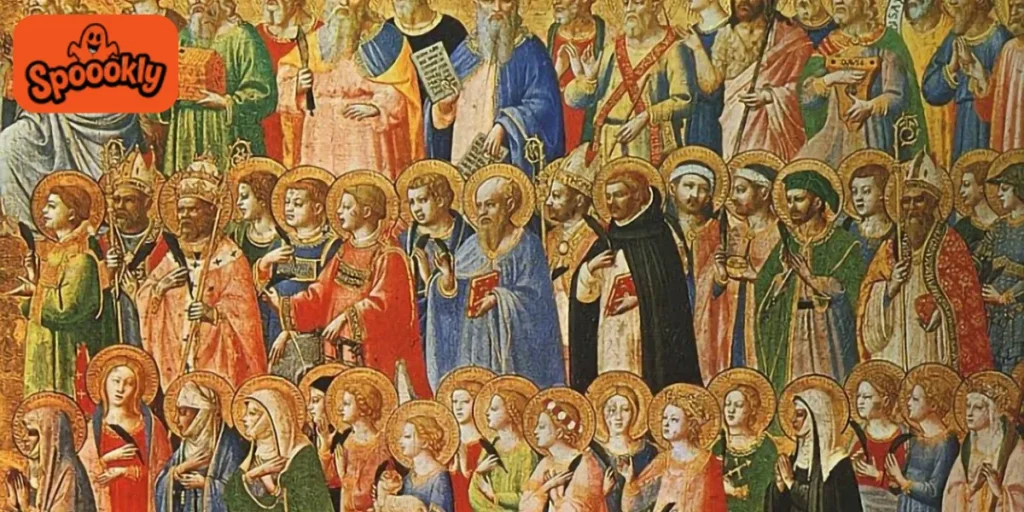
The Catholic Church generally does not prohibit Halloween celebrations, as long as they don’t promote occult practices. Many Catholics focus on the connection to All Saints’ Day and All Souls’ Day, using the season to remember the faithful departed.
By reframing the celebration, it becomes an opportunity for prayer and reflection rather than fear.
In Orthodox Christianity, traditions differ by region. Some communities simply treat Halloween as a Western custom without religious importance.
Others may caution against it due to its non-Christian origins, preferring to highlight their own saints’ feast days or cultural festivals instead.
Non-Christian Faith Perspectives
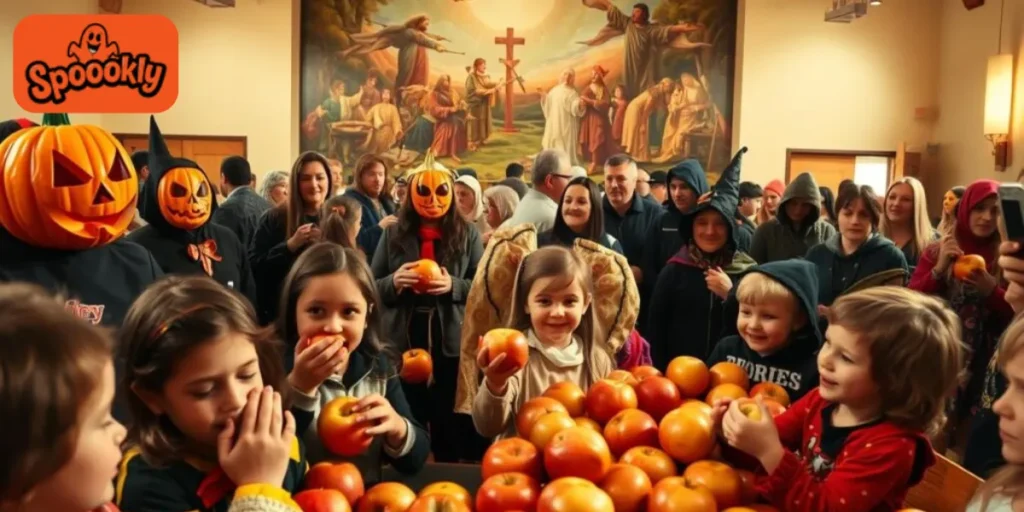
In Islam, Halloween is generally avoided because it does not align with Islamic traditions and is linked to non-Islamic religious practices.
Many Muslim families choose to skip the holiday entirely or focus on other family activities during that time.
In Judaism, Halloween is not part of the religious calendar. However, Jewish families who live in areas where it is widely celebrated may let children join in the costume and candy aspect, viewing it as a community event rather than a religious one. The choice is usually left to personal discretion.
Adapting Halloween to Align with Personal Beliefs
Many people choose to celebrate Halloween in ways that feel comfortable and consistent with their values.
This can mean skipping anything with dark or occult themes and focusing on lighthearted activities like pumpkin carving, costume contests, and neighborhood gatherings. The key is to remove anything that might conflict with personal or spiritual convictions.
Some families turn the day into a fall-themed celebration instead. They might host a bonfire, bake seasonal treats, or enjoy hayrides and corn mazes.
By emphasizing the community and seasonal aspects, they can enjoy the fun without feeling uneasy about the holiday’s history.
The Role of Intent in Celebration
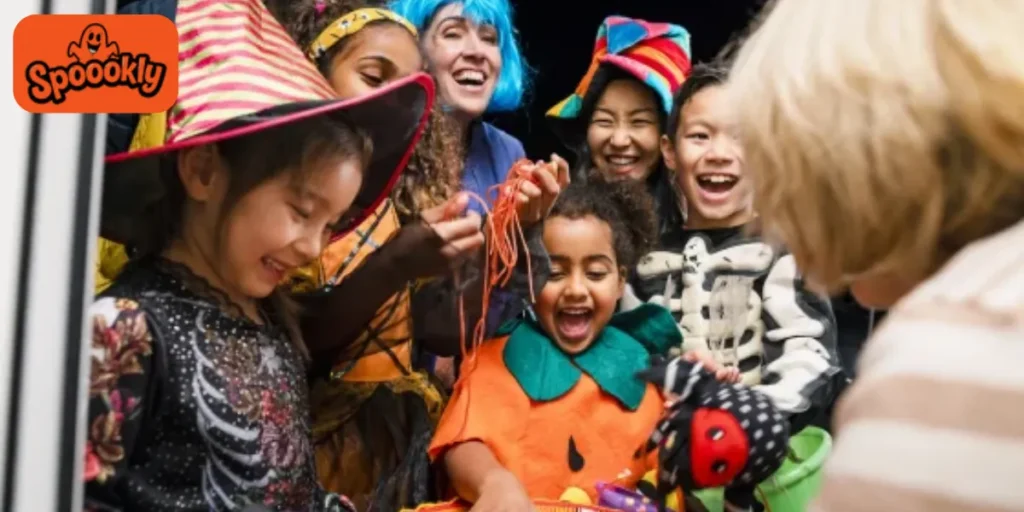
Intent plays a big role in how the holiday is perceived. If someone participates purely for fun, without endorsing or engaging in practices tied to harmful beliefs, they may not see it as sinful. The same action can have different meanings depending on the mindset and purpose behind it.
For those who believe in setting strict spiritual boundaries, even neutral activities may feel wrong if they’re linked to a holiday they prefer to avoid. In that case, respecting personal conviction is more important than following cultural trends.
Safe and Family-Friendly Halloween Ideas
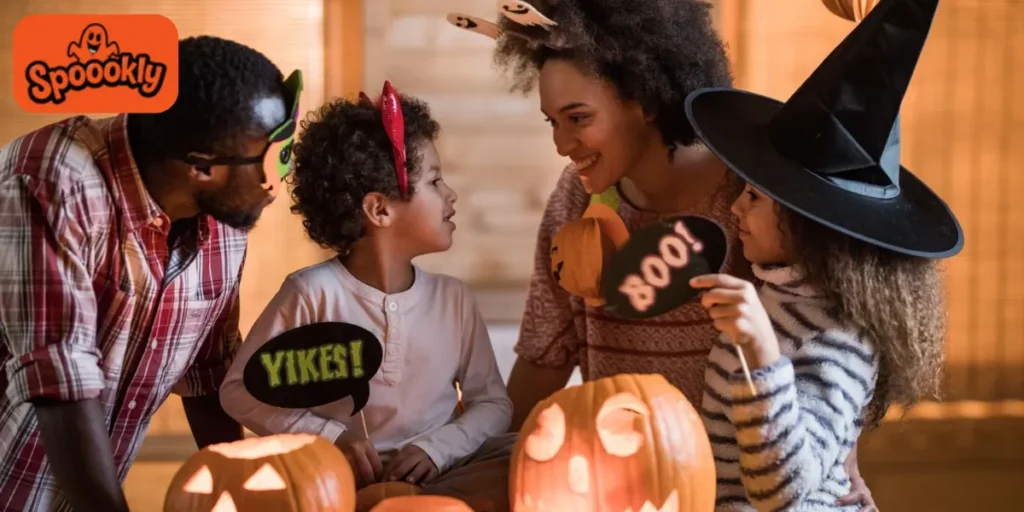
Families who want to participate without compromising their beliefs often choose safe, family-friendly options. This could include themed movie nights, community craft events, or handing out candy with positive messages attached.
Churches and community centers often provide alternatives like game nights, costume parades, or charity events. These activities keep the spirit of fun alive while avoiding elements some consider problematic.
Conclusion
Whether celebrating Halloween is a sin comes down to personal beliefs, religious convictions, and intent. For some, its historic connections to pagan rituals and occult imagery are enough to avoid it completely.
For others, the modern version is nothing more than a fun cultural tradition with costumes, candy, and community events.
The most important factor is aligning your actions with your values. If participating causes conflict with your faith or conscience, it’s best to avoid it.
If you can celebrate in a way that feels wholesome and meaningful, then it may be possible to join in without compromising your beliefs.
FAQs
Yes, if the costumes are lighthearted and free from occult or violent themes, many parents see no issue with it.
If your church leadership advises against it, you may want to respect their guidance or find alternative celebrations.
Not necessarily. Many harvest festivals focus on seasonal themes and avoid the darker elements associated with Halloween.
You can focus on community, generosity, and creativity rather than fear or superstition. Hosting charity events or family gatherings is a good option.
For most people, it’s simply a friendly gesture to neighbors and children, not a religious or moral statement.

